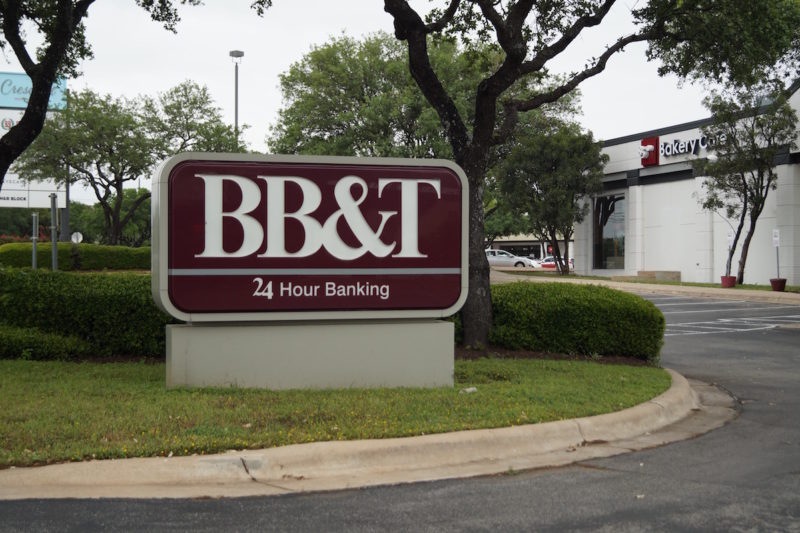Banks both nationally and in Texas are tightening credit standards and reducing the amount that they lend to businesses, with the exception of federally subsidized lending programs.
According to the latest ‘Beige Book’ published by the Federal Reserve Bank of Dallas, which is a monthly report by economists on the basis of business surveys, “loan volumes contracted broadly, with the exception of PPP and residential real estate loans.”
PPP is a Congressionally-funded program and the residential mortgage market recently benefitted from massive interventions by the Federal Reserve, preventing a collapse in mortgage lending by risk-wary banks and investors.
“Credit standards tightened considerably,” the Dallas Fed reported, and “loan performance eroded across all loan types” — meaning fewer borrowers are repaying on time.
Bankers surveyed by the Dallas Fed say they have extended loan payment deferrals to about 13% of their clients on average.
Even the PPP program, which uses federal dollars but is administered by banks, suffered serious administrative and technological challenges related to processing or distributing funds.
“Outlooks remained negative” for banks in Texas, southern New Mexico, and northern Louisiana, which is the area covered by the Dallas Federal Reserve, according to the latest Beige Book.
Some Texas banks are exposed to the fall in oilfield activity, which is at record lows. Commercial real estate and retail sectors are also suffering heavily in the coronavirus-induced downturn.
The Dallas Fed said that it took a survey of manufacturing and service firms in Texas and found that a fifth of respondents don’t expect to survive past six months if revenues do not improve.
Credit standards are tightening nationally as well, as banks brace for losses on their loan books and anticipate business bankruptcies. In New York, bankers reported “moderate weakening in loan demand, tighter credit standards, and higher delinquency rates,” according to the regional Federal Reserve Bank there.
Facing so much uncertainty, two Dallas-based regional banks have called off a merger, the Dallas Business Journal reported. Texas Capital Bank is the sixth-largest bank in the Austin area, measured by total deposits, and Independent Bank ranks number 11.
David Brooks, Chairman and CEO of Independent Bank, explained in a statement, “While both companies believed in the benefits of the proposed transaction when it was announced, we mutually concluded after careful consideration that, given the significant uncertainty caused by the Covid-19 pandemic and the resulting economic and market environment, it would not be prudent to continue to pursue the combination and integration of our companies at this time.”
A number of regional banks have been looking to merge in recent years in order to better compete against the largest banks, like JP Morgan Chase and Bank of America, which have more resources to invest in online banking tools and other technology.
Why It Matters
- When credit standards tighten at banks, it may be harder for you to get a personal or business loan, or a mortgage.
- Commercial loan volumes are a measure of business investment and business activity. Lower volumes suggest businesses are seeking to preserve cash to weather a prolonged downturn. That could affect hiring and put downward pressure on wages.
- Banks make profit by lending out money at a higher interest rate than they pay depositors. When they can’t do that because of a bad economic environment or poor lending choices, then they lose money. However, your bank account isn’t at risk in that scenario because the Federal Deposit Insurance Corporation insures deposits against bank failures up to $250,000.
